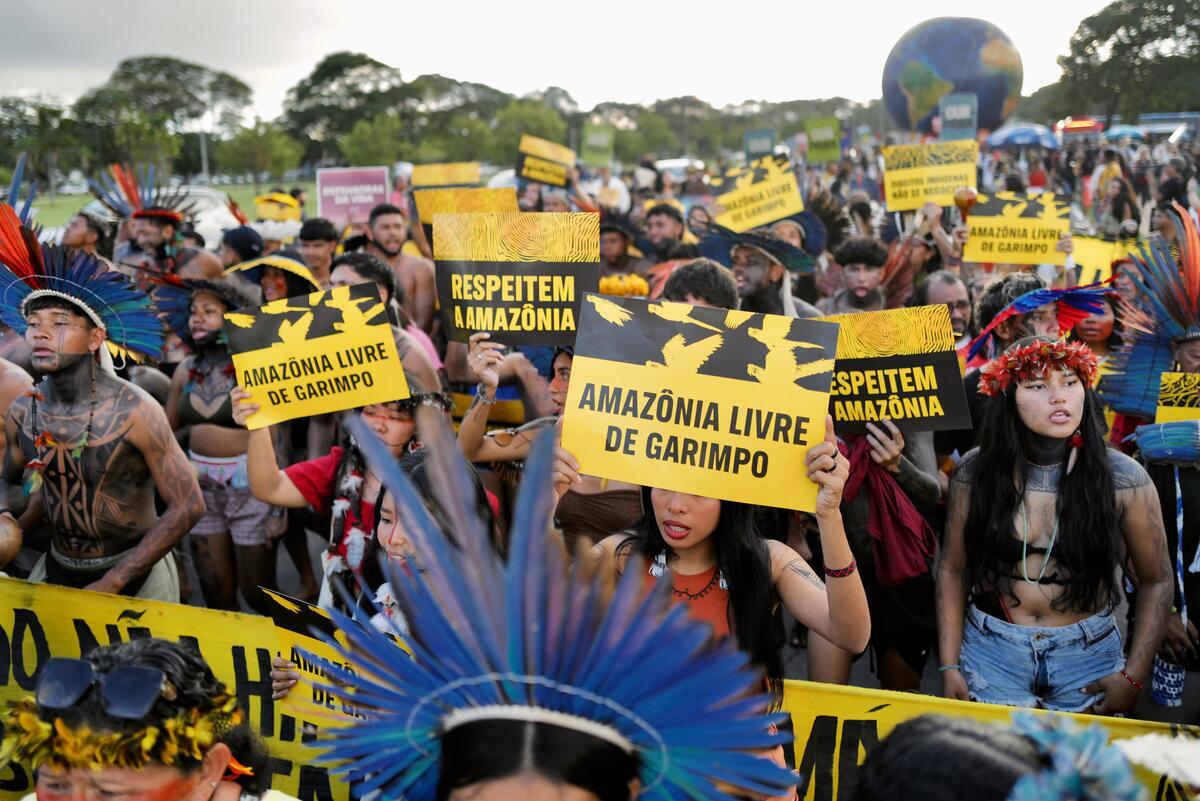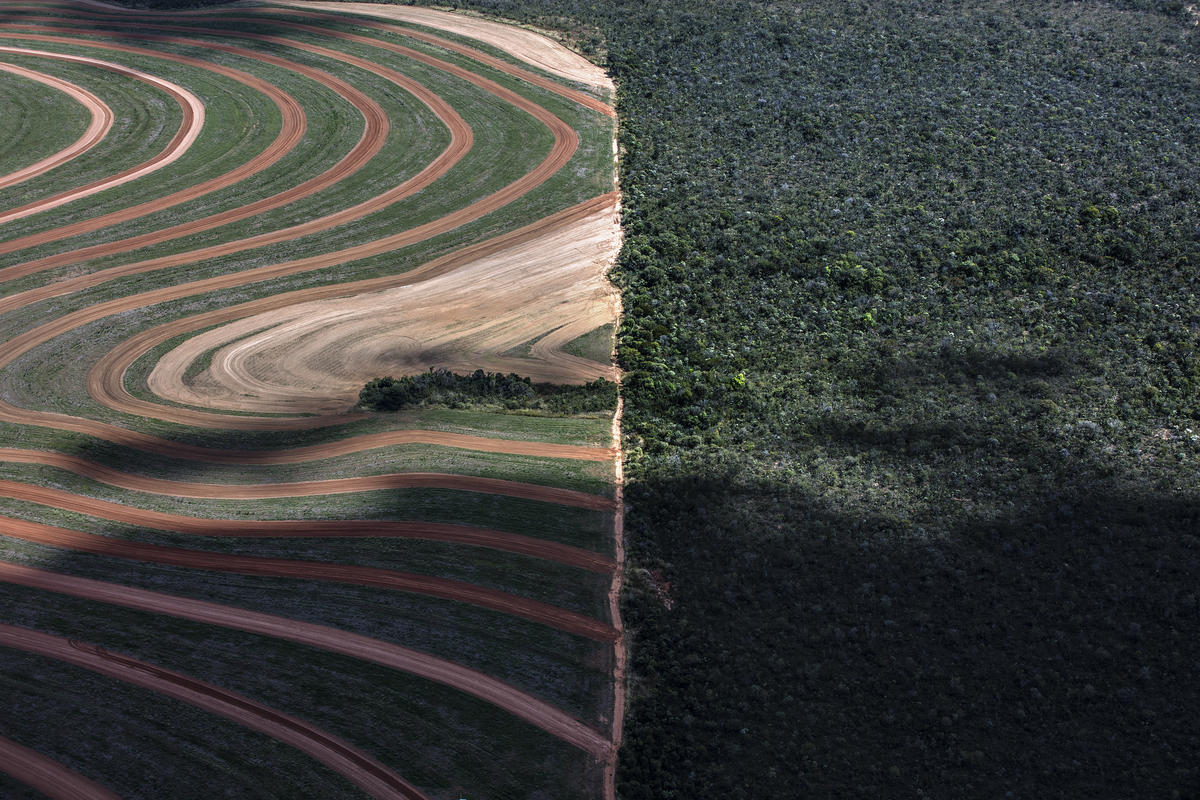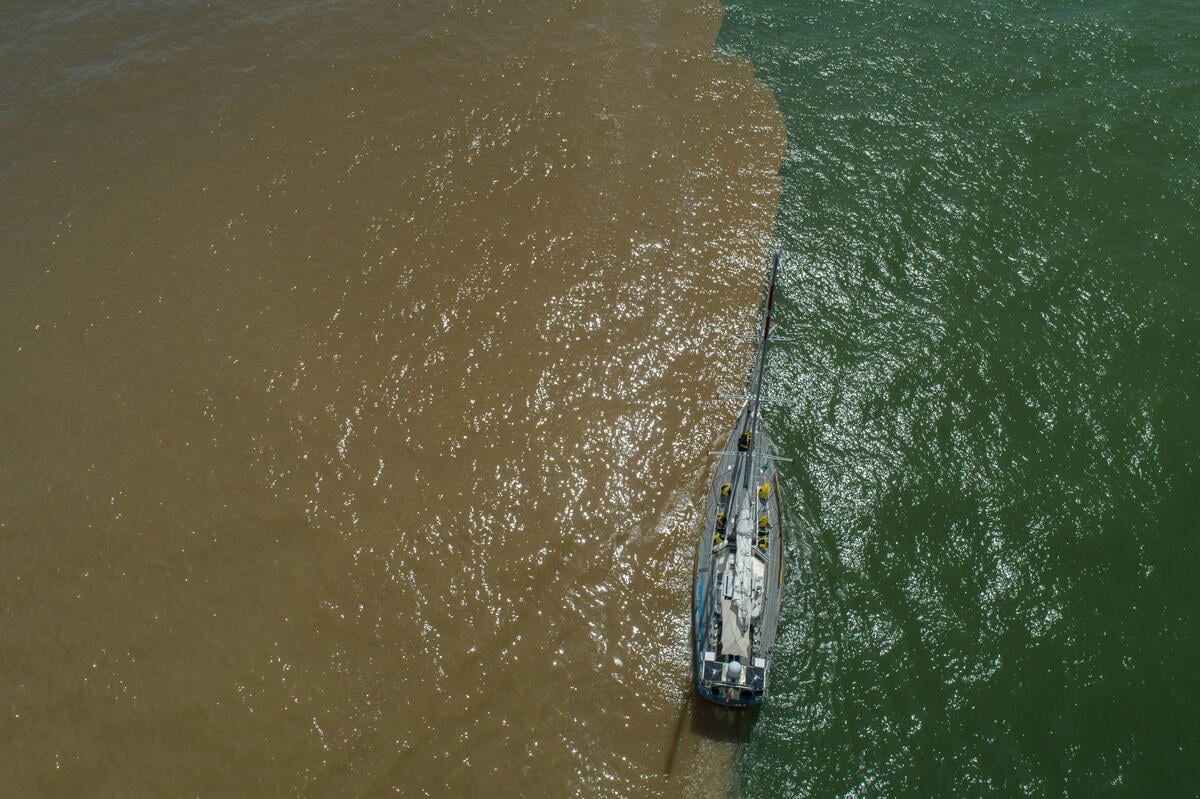Brazilian National Congress has approved the ‘Devastation Bill’, which significantly weakens environmental licensing and could lead to a deforestation explosion
The Brazilian National Congress has approved the so-called “Devastation Bill”, a proposal that weakens the country’s environmental licensing framework and paves the way for potential socio-environmental disasters.
In Brazil, environmental licensing is legally required to assess and approve potentially polluting projects, ensuring their environmental impacts are analyzed and the associated risks mitigated. But now it is under threat.
Disregarding calls from environmentalists and civil society to postpone the vote and reconsider the proposal, lawmakers passed the bill with 267 votes in favor and 116 against on July 17.
The Devastation Bill, widely supported by agribusiness, now moves to president Luiz Inácio Lula da Silva, who has 15 days to decide on potential vetoes. But what makes this proposal so dangerous?
Among its most controversial provisions is the self-licensing mechanism known as the License by Adherence and Commitment (LAC). This tool exempts certain projects from prior environmental impact assessments and loosens several permitting requirements for some agricultural activities.
Given that agribusiness is the leading driver of deforestation in the Amazon, the bill opens the door to illegal expansion, fuels forest destruction, and exacerbates the climate crisis.
Deforestation is the largest source of CO₂ emissions in Brazil. The higher the emissions, the more the country compromises its climate goals and undermines its credibility just months before COP30, the UN Climate Conference to be held in Belém.
“This is the greatest environmental setback Brazil has faced in the last 40 years,” emphasizes Gabriela Nepomuceno, Public Policy Specialist at Greenpeace Brazil.
Beyond allowing large companies to carry out projects with significant socio-environmental impacts without technical studies, consultation affected communities or regulatory oversight, the bill also introduces a simplified and political process, which could be used, for instance, to fast-track oil exploration in the Amazon River mouth.
“This outcome shows that our lawmakers are more concerned with dismantling than strengthening environmental legislation, effectively stripping the State of its ability to prevent and mitigate the impacts of projects across the country. In practice, it’s like authorizing a doctor to perform major surgery without medical training and without consulting the patient,” Nepomuceno criticizes.
The bill limits the role of federal regulatory agencies in the licensing process, including Funai, Ibama, and ICMBio, further weakening the rights of Indigenous peoples and traditional communities and threatening Conservation Units.
It restricts, for example, the participation of authorities responsible for protecting the rights of Indigenous peoples, quilombola communities and other traditional populations, only to cases in which their territories are formally recognized or titled.
Untitled communities or those still undergoing the legal demarcation process would not be considered, even if directly or indirectly impacted by a project. More than limiting social participation, the bill violates Convention 169 of the International Labour Organization (ILO), which guarantees Indigenous and traditional communities the right to free, prior, and Ga
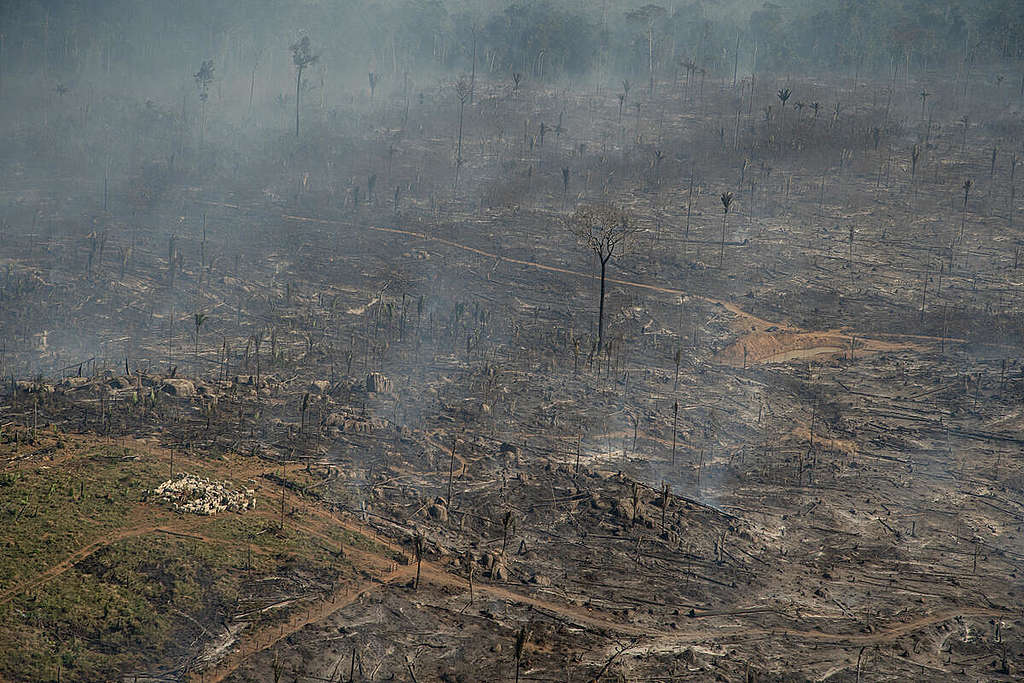
There are other serious points included in the law, such as the exemption from licensing for agricultural activities—which could lead to an avalanche of deforestation nationwide, and to the pollution of rivers and other bodies of water.
The rights of Indigenous Peoples, Quilombolas and other local communities are also under threat: the bill restricts the participation of authorities responsible for protecting the rights of these populations to cases where their territories are formally approved or titled. Currently, there are over 500 hundred of Indigenous lands pending to be recognised by the Brazilian government. All over the world, Indigenous Peoples and Local Communities are the true guardians of forests, and that is no different in the Amazon. To keep the Amazon forest healthy and standing, we need to ensure IP&LCs lead the way to forest protection and have direct access to funds to continue with sustainable forest management.
Climate leadership hanging by a thread
The approval of Bill 2.159 by Brazil’s National Congress challenges the climate policy being developed by the federal government, as well as its public commitment to forest protection.
During COP28, Brazil announced the Tropical Forests Forever Facility and the Tropical Forest Investment Fund as a promising step to halt and reverse deforestation and forest degradation.
This is one of the country’s main initiatives to transform tropical forest conservation into a long-term strategy and to ensure that climate finance reaches Indigenous peoples and local communities who protect biodiversity and the climate through their traditional ways of life and ancestral knowledge rooted in standing forests.
Hosting COP30 shortly after the approval of such an absurd law would underscore the country’s misalignment with the global climate agenda.
Brazilian civil society is mobilizing to pressure President Lula to issue a full veto of the Destruction Bill, preventing the country from backsliding on its responsibility to defend the Amazon and its peoples.
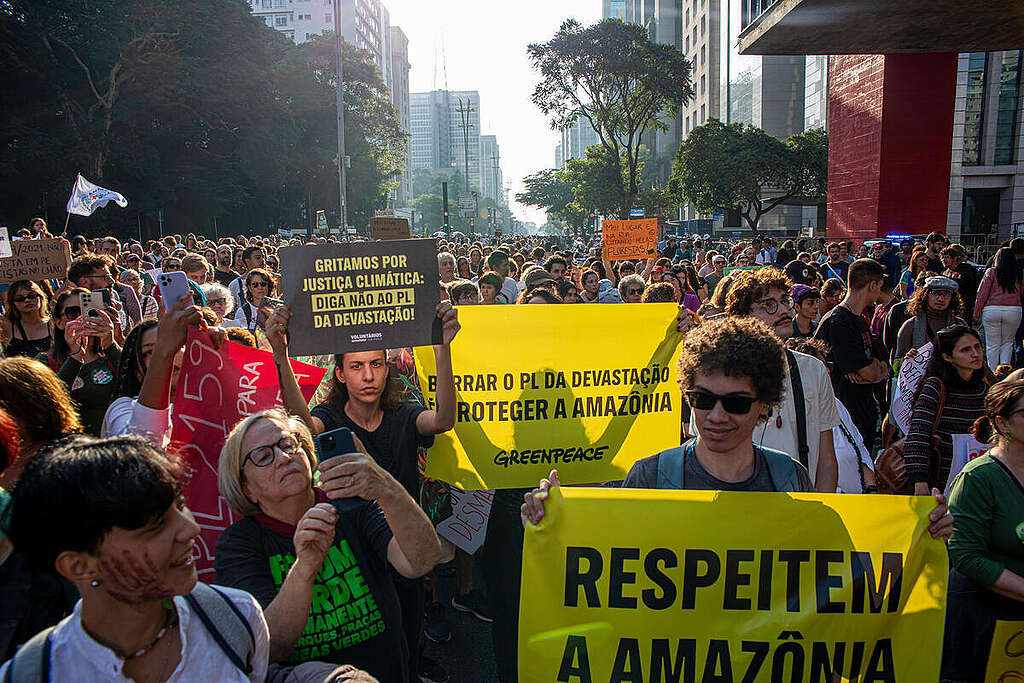
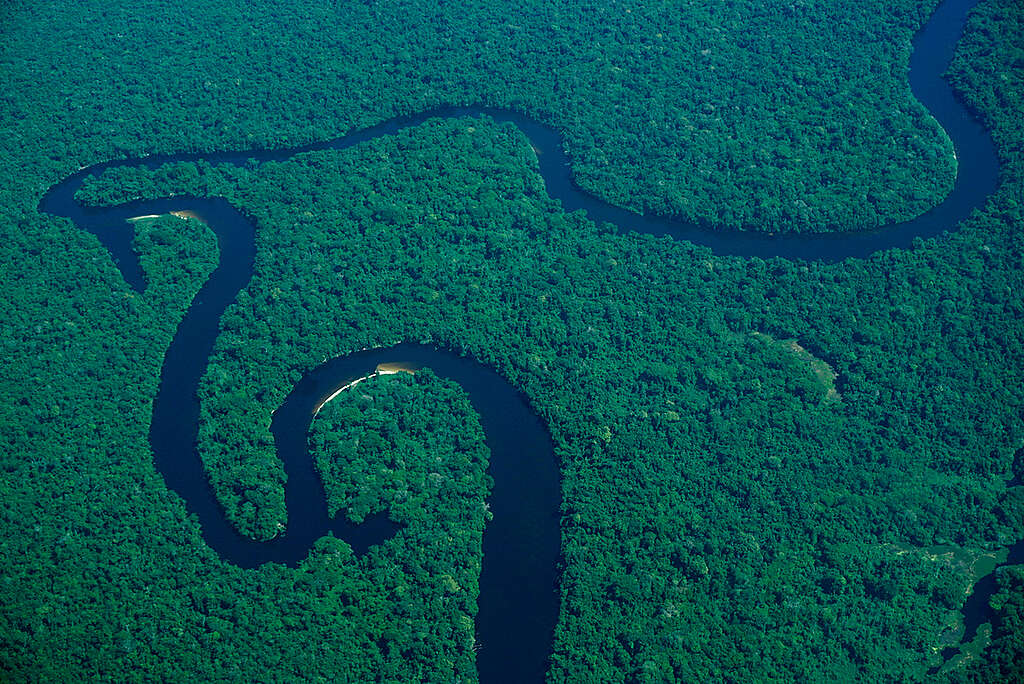
Ask political leaders to act on their promises to stop Amazon destruction.
Sign the Petition
